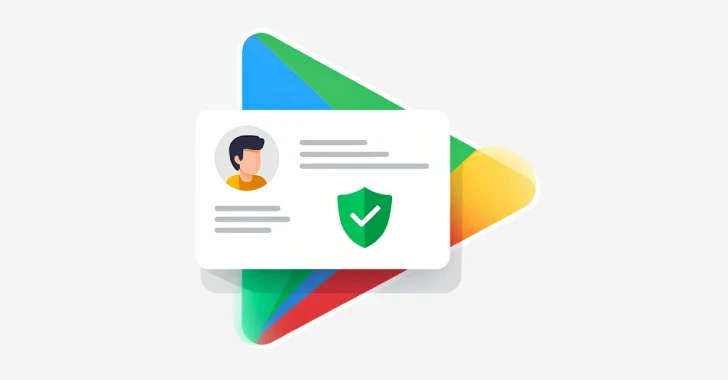In a significant move to bolster the security of the Android ecosystem, Google has announced a new policy requiring all developers distributing Android applications to undergo identity verification. This mandate extends beyond the Google Play Store, encompassing developers who distribute their apps through alternative channels.
Implementation Timeline and Regional Rollout
The verification process is set to commence in October 2025, with Google gradually sending out invitations to developers. By March 2026, the program will be open to all developers, and the new requirements will become mandatory starting September 2026. The initial rollout will focus on four countries: Brazil, Indonesia, Singapore, and Thailand. Suzanne Frey, Vice President of Product, Trust, and Growth for Android, emphasized the importance of this initiative, stating that any app installed on a certified Android device in these regions must be registered by a verified developer.
Impact on Developers
For developers who already distribute their applications through the Google Play Store, this new requirement is unlikely to cause significant changes. These developers have typically met similar verification standards through the existing Play Console process. However, Google is developing a separate type of Android Developer Console account tailored for student and hobbyist developers, ensuring that all contributors to the Android ecosystem are accounted for.
Addressing the Threat of Malicious Apps
The primary objective of this verification mandate is to prevent malicious actors from impersonating legitimate developers. By doing so, Google aims to curb the distribution of counterfeit apps that exploit established branding and reputations to deceive users. This issue is particularly prevalent in third-party app marketplaces, where users often sideload applications, bypassing the security measures of official platforms.
Enhancing Existing Security Measures
This developer verification requirement builds upon existing security protocols that restrict the sideloading of potentially harmful apps in markets such as Singapore, Thailand, Brazil, and India. In July 2023, Google introduced a policy requiring all new developer accounts registering as organizations to provide a valid D-U-N-S number assigned by Dun & Bradstreet before submitting apps. This measure was designed to build user trust and ensure the authenticity of developers.
A Consistent Baseline for Developer Accountability
Google describes this new layer of security as a means to protect users from recurring threats posed by malicious actors spreading malware and scams. By establishing a consistent and common-sense baseline for developer accountability across the Android platform, Google aims to preserve user choice while enhancing overall security.
Context of Broader Reforms
This initiative comes at a time when Google is potentially facing significant reforms to the Play Store. Following an antitrust lawsuit brought by Epic Games in 2020, Google may be required to distribute competing app stores through Google Play and provide rivals with access to its full app catalog. These developments underscore the company’s commitment to maintaining a secure and trustworthy app distribution environment amidst evolving regulatory landscapes.
Conclusion
Google’s decision to implement mandatory developer verification marks a proactive step toward strengthening the security of the Android ecosystem. By ensuring that all developers are verified, Google aims to create a more accountable and trustworthy environment for users, reducing the risk of malicious apps and enhancing overall data privacy.



